Liver detox, cleanse, or flush claims to remove toxins from the body, improve health and aid weight loss. However, scientific evidence shows that these programs are not effective, and some can be harmful.
What is a Liver Detox?
Liver detox, also known as liver cleansing or liver flush, refers to various techniques or programs that aim to eliminate toxins and impurities from the liver and improve its overall function. The liver is a vital organ responsible for filtering toxins, drugs, and other harmful substances from the blood, so a healthy liver is essential for optimal health.
Liver detox programs may involve dietary changes, herbal supplements, or other interventions aimed at enhancing liver function and promoting toxin elimination. Some common ingredients used in liver detox programs include milk thistle, dandelion root, turmeric, and artichoke extract, among others.
It is important to note that there is limited scientific evidence to support the efficacy of liver detox programs, and some of the methods used may even be harmful. Before starting any liver detox program, it is important to consult with a healthcare professional to determine if it is safe for you and to get guidance on the best approach for your individual needs.
Are Liver Detoxes Safe?
Liver detox programs can be safe when done properly under the guidance of a healthcare professional. However, some liver detox programs can be harmful, especially when they involve extreme diets or the use of unregulated supplements or products.
The liver is a vital organ responsible for detoxifying the body, and it has natural mechanisms for eliminating toxins and other harmful substances. While liver detox programs may help support liver function and improve overall health, there is limited scientific evidence to support their efficacy.
It is important to note that certain individuals should not attempt liver detox programs, including those with liver disease, pregnant or nursing women, and individuals taking certain medications or with certain health conditions. It is also important to be cautious of liver detox programs that promise rapid or extreme results, as these can be harmful.
Overall, before starting any liver detox program, it is important to consult with a healthcare professional to determine if it is safe for you and to get guidance on the best approach for your individual needs.
Do Liver Cleanses Help Your Liver Heal from Alcohol or Unhealthy Food?
While liver detox programs or cleanses may provide some support for liver function and help eliminate toxins from the body, they do not necessarily “heal” the liver from damage caused by alcohol or unhealthy food.
The liver has remarkable regenerative capacity and can repair itself to some extent. However, prolonged and excessive alcohol consumption or a diet high in unhealthy foods can cause chronic liver damage, such as fatty liver disease or liver cirrhosis, which may require medical treatment.
While some liver detox programs may provide temporary relief for symptoms associated with liver damage, such as fatigue or indigestion, it is important to address the underlying causes of liver damage, such as alcohol abuse or poor diet, to prevent further damage and promote healing.
In general, the best way to support liver health is to adopt a healthy lifestyle, including a balanced diet, regular exercise, and avoiding excessive alcohol consumption. If you are concerned about liver damage, it is important to consult with a healthcare professional for proper diagnosis and treatment.
Ways to Help Your Liver after Drinking Too Much Alcohol
If you have consumed too much alcohol, it can put a strain on your liver, which is responsible for processing and eliminating alcohol from the body. Here are some ways to help your liver after drinking too much alcohol:
- Stop drinking alcohol: The first step to help your liver recover from alcohol consumption is to stop drinking alcohol completely. This will allow your liver to focus on detoxifying and repairing itself.
- Hydrate: Alcohol can dehydrate the body, so it is important to drink plenty of water and other non-alcoholic fluids to help rehydrate and flush out toxins from your system.
- Eat a healthy diet: Consuming a healthy diet that is rich in antioxidants and nutrients can help support liver function and promote healing. Focus on foods like fruits, vegetables, whole grains, lean protein, and healthy fats.
- Get enough rest: Your body needs time to recover after heavy drinking, so it is important to get enough rest and sleep to allow your liver and other organs to repair themselves.
- Consider supplements: Certain supplements like milk thistle, dandelion root, and N-acetyl cysteine (NAC) have been shown to support liver function and help with detoxification.
- Consult with a healthcare professional: If you have consumed a large amount of alcohol or are experiencing symptoms of liver damage, it is important to consult with a healthcare professional for proper diagnosis and treatment.
Remember, the best way to prevent liver damage from alcohol is to drink in moderation or avoid alcohol altogether. If you are struggling with alcohol addiction, seek professional help to get on the path to recovery.
Do Liver Cleanses Protect You from Liver Disease?
There is limited scientific evidence to suggest that liver cleanses can protect you from liver disease. While liver detox programs or cleanses may provide some support for liver function and help eliminate toxins from the body, they do not necessarily prevent liver disease.
Liver disease can have many causes, including excessive alcohol consumption, viral hepatitis, obesity, and certain medications or toxins. The best way to prevent liver disease is to adopt a healthy lifestyle, which includes a balanced diet, regular exercise, avoiding excessive alcohol consumption, and getting vaccinated against viral hepatitis.
Additionally, regular check-ups with a healthcare professional can help monitor liver health and detect early signs of liver disease before they progress.
Do Liver Cleanses Help You Lose Weight Safely?
While some liver cleanse programs may result in short-term weight loss, there is no scientific evidence to suggest that liver cleanses are an effective or safe way to achieve sustainable weight loss.
Liver detox programs may involve extreme diets or the use of unregulated supplements or products, which can be harmful to the body and lead to nutritional deficiencies. Additionally, any weight loss achieved through liver detox programs is likely to be temporary, as it is primarily due to water loss or the elimination of waste from the body.
In order to achieve safe and sustainable weight loss, it is important to adopt a healthy lifestyle that includes a balanced diet, regular exercise, and adequate sleep. This approach supports overall health and helps to maintain a healthy weight over time.
Remember, the liver is an important organ that plays a vital role in metabolism and weight management, and it is important to prioritize liver health through a healthy lifestyle, rather than relying on extreme or unproven liver detox programs for weight loss. If you are looking to lose weight, it is always recommended to consult with a healthcare professional for personalized guidance and support.
Do Supplements Help Your Liver?
Certain supplements have been shown to support liver function and may be helpful in promoting liver health. However, it is important to note that supplements should not be used as a substitute for a healthy lifestyle or proper medical care.
Here are some supplements that have been studied for their potential benefits in supporting liver health:
- Milk thistle: Milk thistle is a popular supplement that has been used for centuries to support liver function. Studies have shown that milk thistle may help protect the liver from damage caused by toxins and inflammation.
- N-acetyl cysteine (NAC): NAC is an antioxidant that can help protect the liver from oxidative stress and support liver function.
- Dandelion root: Dandelion root is a natural diuretic that may help promote liver and gallbladder health.
- Turmeric: Turmeric is a spice that contains an active ingredient called curcumin, which has anti-inflammatory and antioxidant properties that may help protect the liver from damage.
- Vitamin E: Vitamin E is an antioxidant that may help protect the liver from damage caused by oxidative stress.
It is important to note that supplements can interact with medications and cause adverse effects, so it is important to consult with a healthcare professional before taking any supplements. Additionally, supplements should be used in conjunction with a healthy lifestyle, including a balanced diet, regular exercise, and avoiding excessive alcohol consumption, for optimal liver health.
Conclusion
Liver detox programs are not effective, and some can be harmful. The best way to maintain liver health is to make lifestyle changes, such as limiting alcohol intake, exercising regularly, eating a healthy diet, and avoiding risky behavior.
Related Articles
Serrapeptase side effects on the liver
The ultimate guide to liver detox

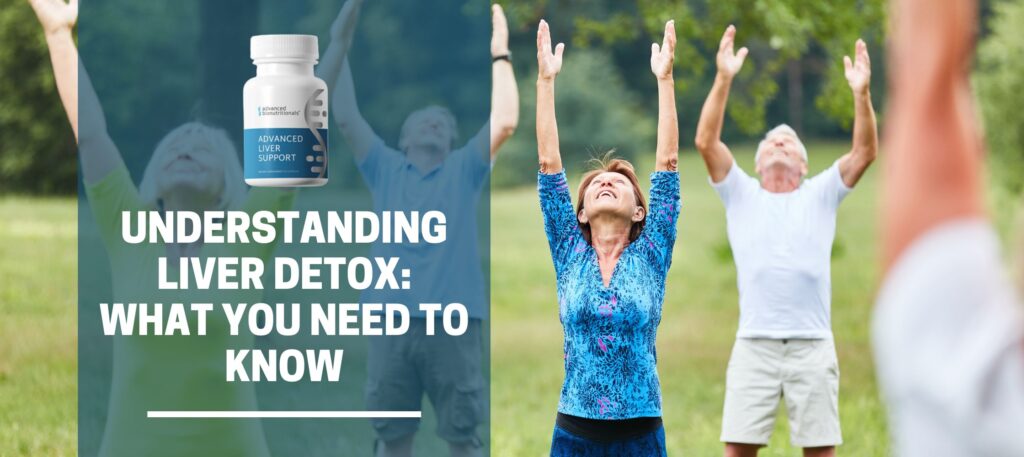
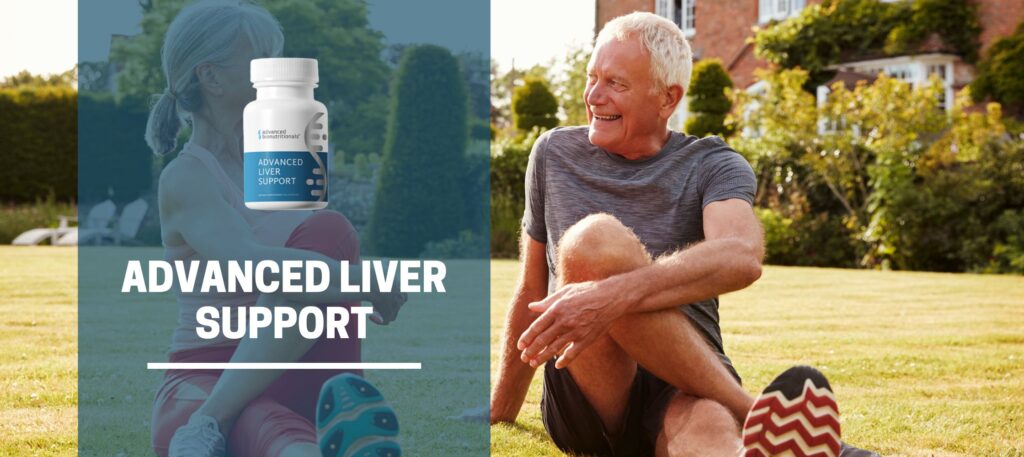
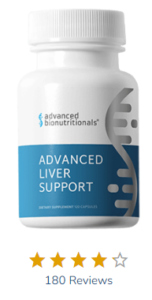
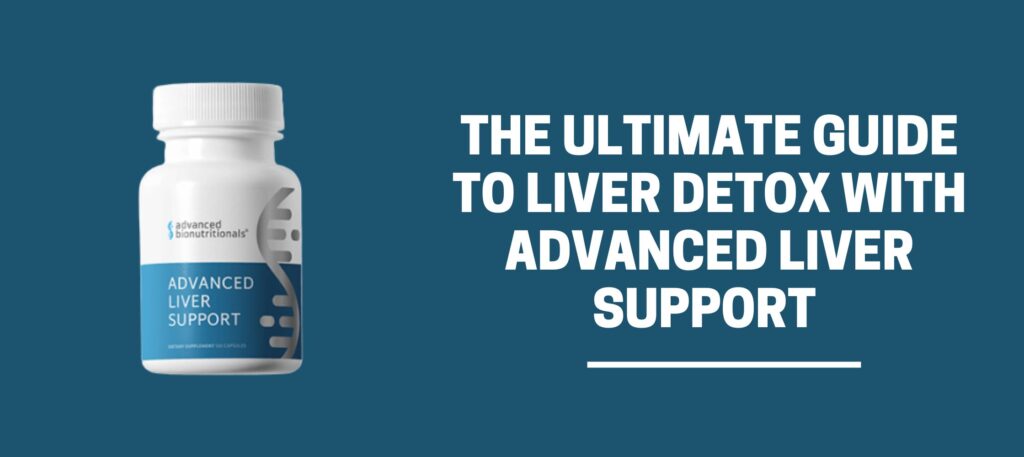


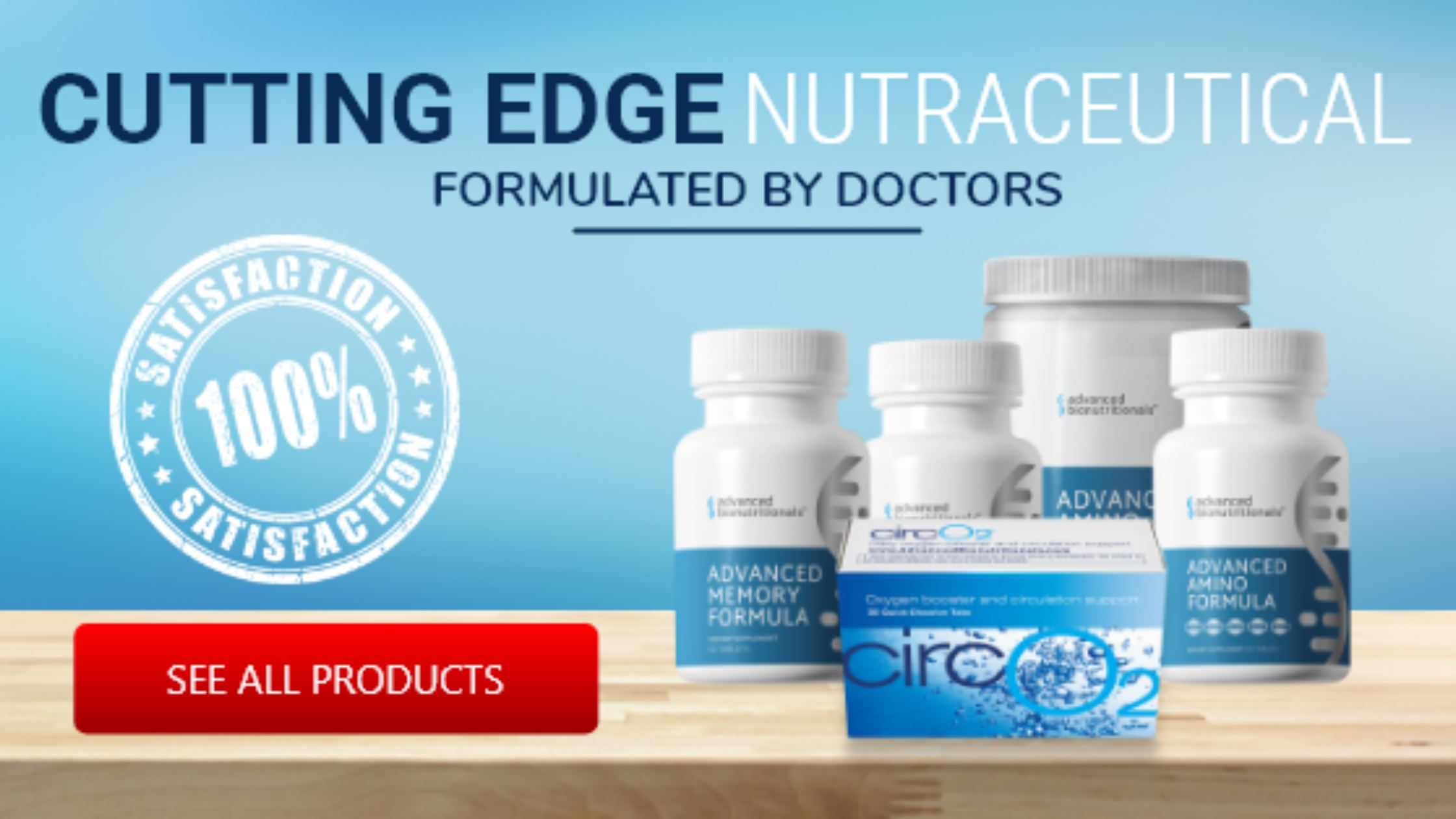
Pingback: High Island health prostate massager for men
Pingback: Best Supplements for the enlarged prostate
Pingback: Discover The Brain Power of Advanced Memory Formula
Pingback: The Best Brain Supplements That Can Make You Smarter
Pingback: Does Circ02 work